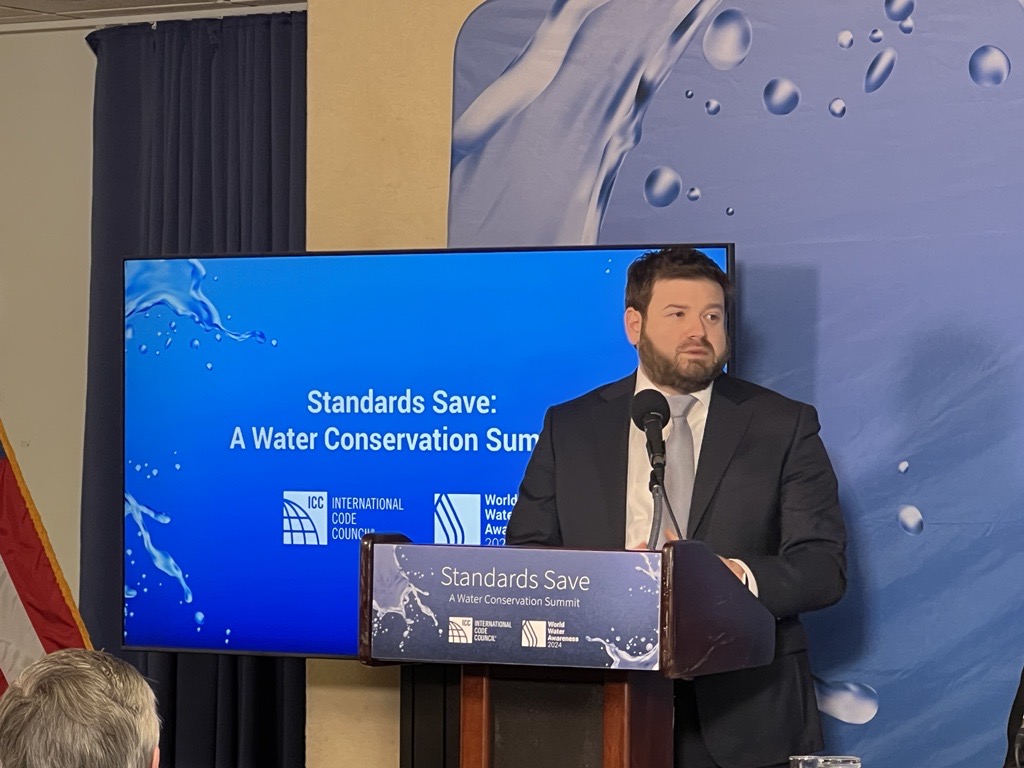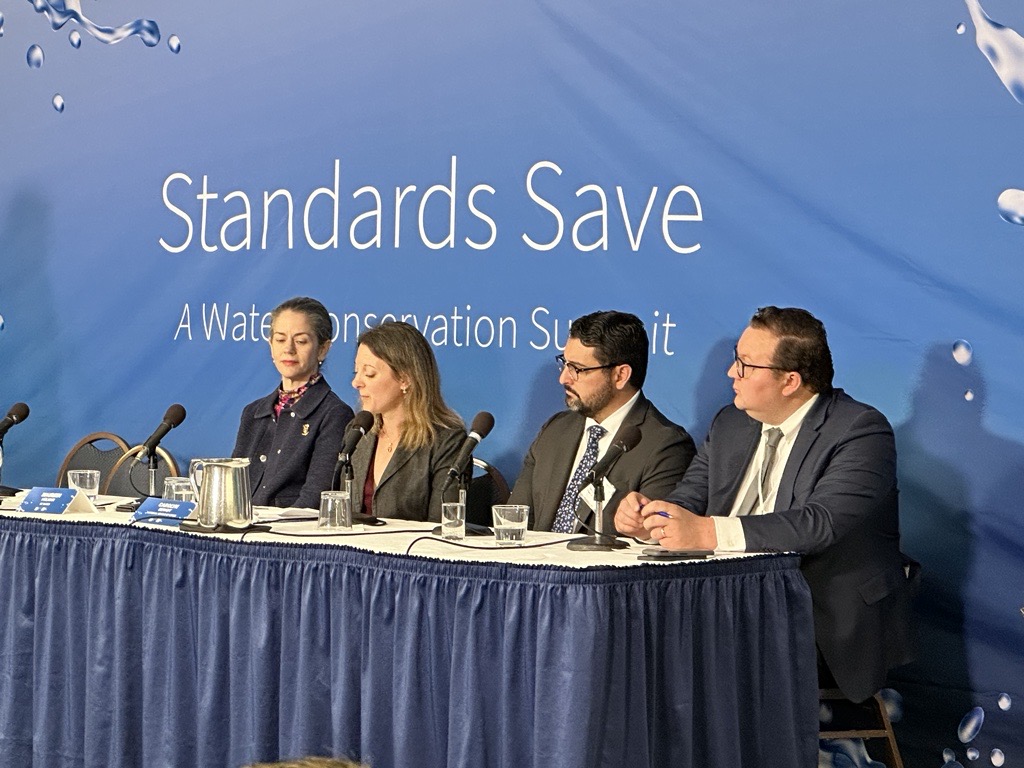
University of Miami Releases New Report on Lasting Water Conservation Measures
To help advance water conservation initiatives, the University of Miami released a report which underscores the critical need for municipalities to adopt updated water conservation standards contained in the 2021 IWCCP.
In recent years, the global water supply has increasingly diminished due to climate change and a growing population. According to UNICEF, four billion people — almost two thirds of the world’s population — experience severe water scarcity for at least one month each year, and some 700 million people could be displaced by intense water scarcity by 2030.
Over the next 50 years, nearly half of America’s freshwater basins may not be able to meet the monthly water demand, with shortages anticipated in the central and southern Great Plains, the Southwest and central Rocky Mountain states, as well as parts of California, the South and the Midwest.

Water conservation emerges as a key strategy to help mitigate the escalating threat of water scarcity. As climate change and demand continue to exacerbate water challenges, prioritizing conservation measures becomes increasingly important to safeguarding this essential resource for future generations.
Water Conservation and Codes: Leveraging Global Water-Efficient Building Standards to Avert Shortfalls
To help advance water conservation initiatives, the University of Miami released a report, Water Conservation and Codes: Leveraging Global Water-Efficient Building Standards to Avert Shortfalls, which underscores the critical need for municipalities to adopt updated water conservation standards contained in the 2021 International Water Conservation Code Provisions® (IWCCP). It also demonstrates the potential water savings that building-level approaches offer and provides policymakers with a ready-made toolkit to integrate lasting water conservation measures in communities on a global scale.

On Thursday, March 21, 2024, the Code Council hosted a Water Conservation Summit to discuss the findings in the report. Water experts from across the federal government and water-related utilities and services, including the report’s lead researcher, delivered remarks from the Summit during a live news conference and panel discussion. Based on the report and other observations, there was consensus on the importance of strengthening water policy at all levels and adopting modern solutions to water conservation in the U.S.

After determining baseline potable and non-potable water use, the report examined the potential water savings for one-and two-family dwellings in Phoenix, Las Vegas, Houston and Des Moines based on the adoption of four different water conservation strategies within the IWCCP. These included:
- Adoption of more efficient plumbing fixtures
- Rainwater harvesting, treatment, storage and reuse
- Graywater treatment, storage and reuse
- HVAC condensate catchment, treatment, storage and reuse
In Houston, optimized total water savings from all four strategies when integrated into new home construction alone is projected to be 23.3 billion gallons by 2029. Across all the cities examined, the cost of one more water conservation approach is similar to the current cost per gallon of water consumption. Other projections include:
- 1.7 billion in Las Vegas
- 7.3 billion in Phoenix
- 1.57 billion in Des Moines
Support Through the Code Council
To amplify initiatives aimed at addressing the global water and sanitation crisis, the Code Council launched its inaugural World Water Awareness campaign this month which aims to raise awareness about the water crisis and our collective responsibility to address it through long-term, consistent water conservation efforts.
However, the practice of water conservation should extend far beyond March. The Code Council’s International Codes® (I-Codes) and standards are consistently being updated to provide new solutions to address water scarcity issues.
The IWCCP offers a comprehensive framework to address today’s pressing water conservation challenges. Similarly, the International Green Construction Code® and the National Green Building Standard, along with specific standards like the CSA B805/ICC 805 – Rainwater Harvesting Standard and RESNET/ICC 850 – Water Use Performance of One- and Two-Family Dwellings Standard, can be implemented individually or in combination to promote water conservation measures.
More information is needed from experts to help aid government officials and business leaders take immediate action and work together to implement sustainable solutions. Organizations can join this effort by signing a letter to policymakers highlighting the importance of water conservation resources.
Click here to sign the letter.
For more information on the Code Council’s PMG-related resources, click here.
The full report, along with an executive summary, is available for download here.







